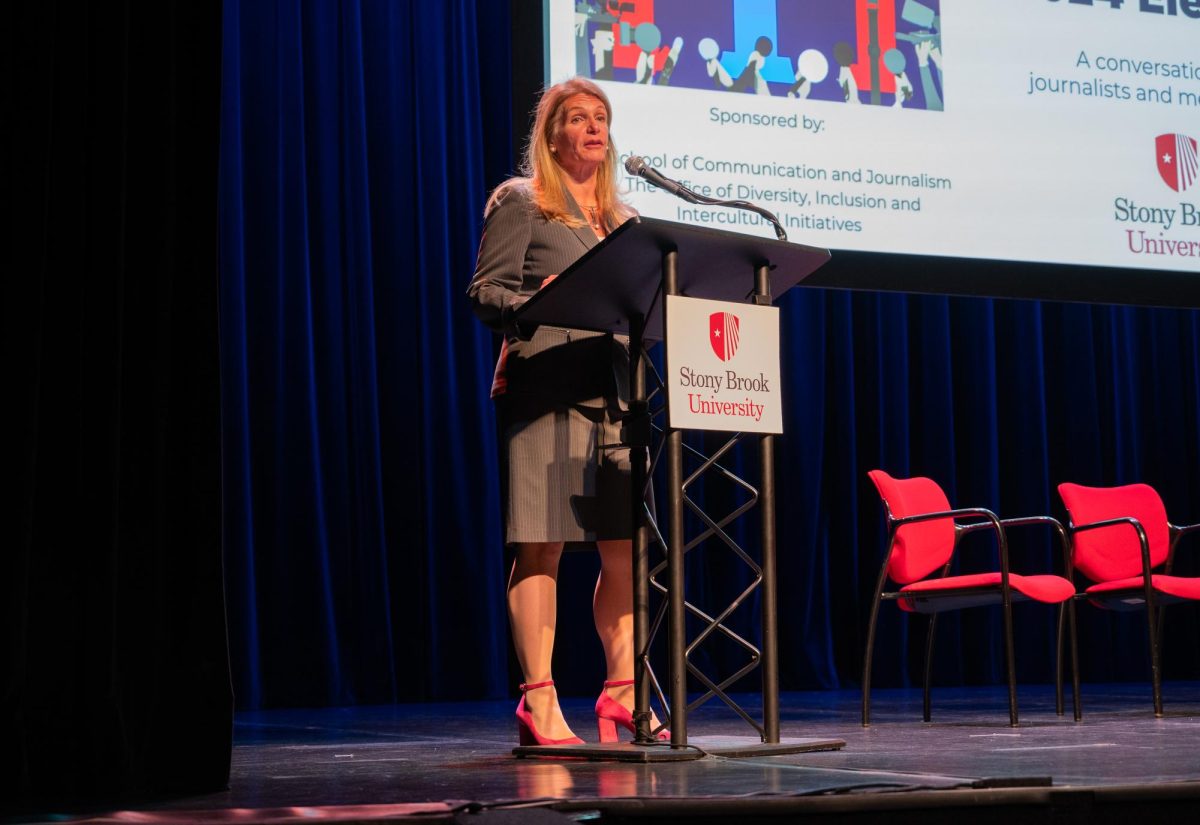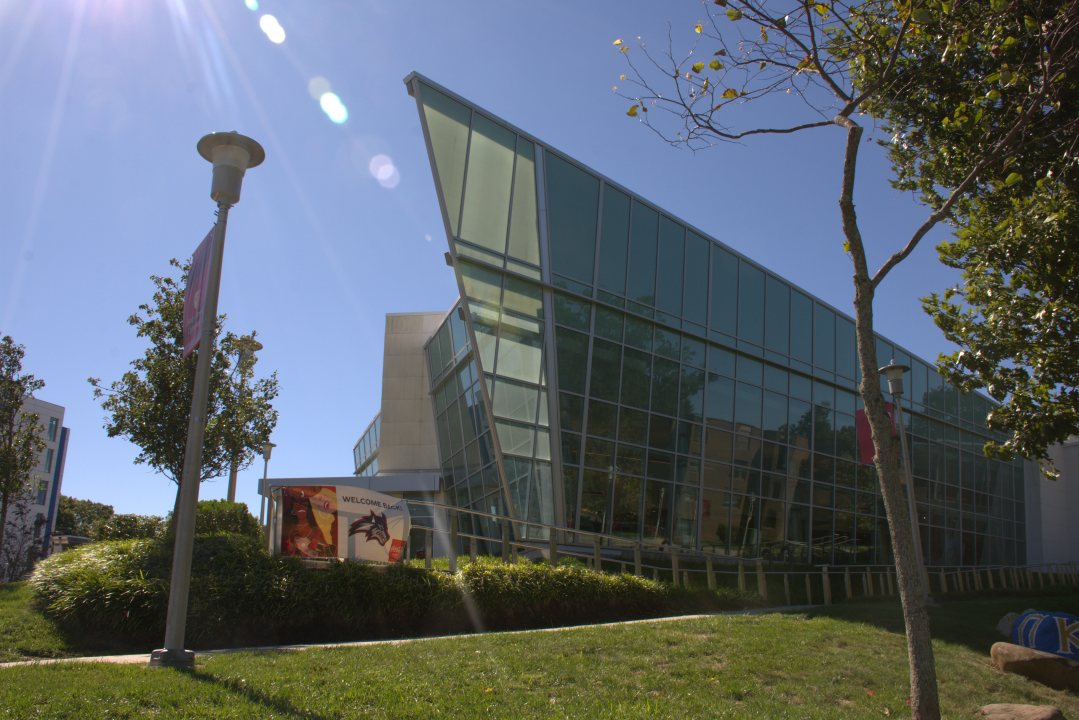
Stony Brook University Associate Professor of Biomedical Engineering, Donghui Zhu, is working with the Institute for Engineering-Driven Medicine to develop a new way to combat Alzheimer’s disease after securing a $3.5 million grant from the National Institutes of Health (NIH).
Zhu is evaluating the molecular and cellular mechanisms that cause the disease in the first place. He said one of the main factors that causes Alzheimer’s is neuroinflammation, or inflammation of nervous tissue.
His approach is looking to find how magnesium, Alzheimer’s and inflammation are connected — since magnesium helps reduce inflammation in the body, he’s investigating whether it might do the same within the brain.
“We are using a multidisciplinary approach including engineering, biology, and neuroscience imaging as a comprehensive study looking at how new information may contribute to the development of AD [Alzheimer’s],” Zhu said.
Learning how magnesium and inflammation play a role in degenerative neurological diseases could potentially evolve into a new therapeutic treatment for Alzheimer’s and neuroinflammation, he said.
Researchers believe that Alzheimer’s is caused by multiple factors like genetics, lifestyle, and environmental conditions.
Huaxi Xu, Director of Neuroscience Initiative at the Sanford Burnham Prebys Medical Discovery Institute, a nonprofit institution that conducts biomedical research in neuroscience and immunology based in La Jolla, California, is collaborating with Professor Zhu in developing this new approach.
“He [Zhu] has expertise in magnesium regulation of molecular pathways related to BBB [blood-brain barrier],” Xu said. “My expertise comes from the rates of magnesium among Alzheimer’s patients. That’s why our expertise came to be complementary.”
Xu explained that once people reach 60, they begin to experience reduced magnesium in the brain. Zhu’s research is evaluating if those magnesium levels are connected to neuroinflammation and the development of Alzheimer’s disease.
“This is an angle study on how regulation or supplementation of magnesium can be a unique way of helping our journey of curing Alzheimer’s,” Xu said.
Stefan Judex, assistant professor of biomedical engineering at Stony Brook University, said getting funding for this type of research from the National Institutes of Health is often difficult, especially in a time where scientific research is being blocked and facing serious budget cuts from the Trump administration.
“It’s exceedingly difficult to get funding for large projects,” Judex said. “Just the fact that he [Zhu] received funding reflects the quality of his research.”
















